I am slowly reading my way through Mary Oliver’s Devotions, a thick book of her poems that she selected for publication in 2017, just two years before her death. I think of Devotions as a parting gift. I’m less than halfway through the 442 pages of brilliance, unveiling life’s glory and grace.
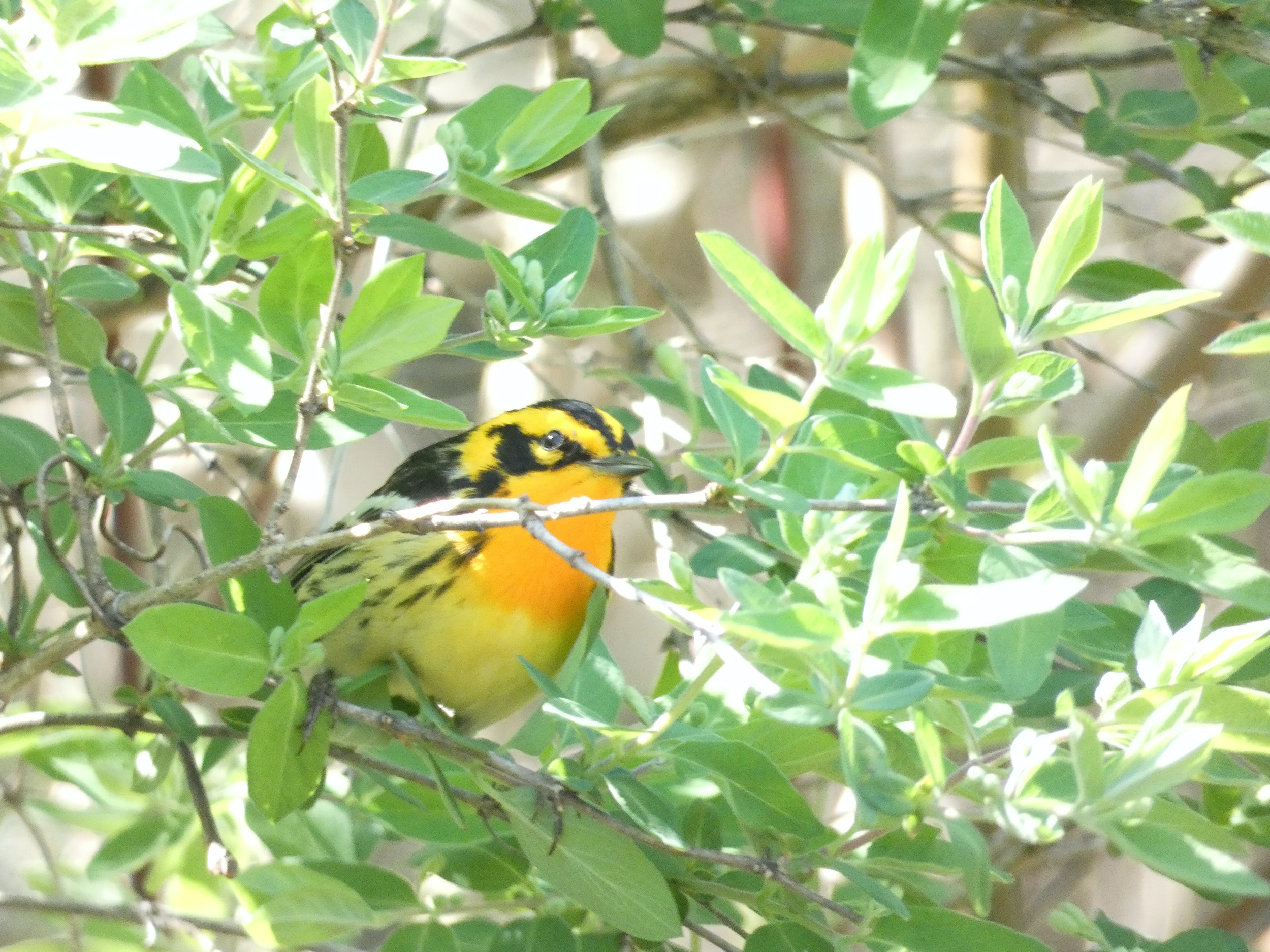
Photo: Michael Delphia
And so, I found myself, a week after the arrival of Autumn, reading a poem celebrating summer! No matter. Each season has its own gifts as well as those it shares with the other three. In this case, that gift is birdsong. A Meadowlark’s to be specific. The sound broke in to Oliver’s consciousness while she worked on a summer poem. As I read the finished piece,1 a few lines captured my attenition:
“…the faint-pink roses / that have never been improved, but come to bud // open like little soft sighs / under the meadowlark’s whistle, its breath-praise, // its thrill-song, its anthem, its thanks, its // alleluia. Alleluia, oh Lord.”
“… its breath-praise …”
“Breath-praise.” In.
“Breath-praise.” Out.
The meadowlark. Me. We both have “breath-praise.” Most often unconscious, its participation in Grace. Immersion in Presence, Breath, Life. A simple prayer of being. When done with awareness, breath-praise is the recognition of a reality larger than oneself, reverencing the creator, the force, of which one is a part.
The time of business is no different from the time of prayer.
Brother Lawrence
Breathing it in. Breathing it out. Brother Lawrence, the 17th century Carmelite, knew this truth. A lowly lay brother in a Parisian monastery, he is best known for his uncomplicated prayer of becoming aware of being in God’s presence throughout the day and carrying on a conversation with God in those moments. Lifting his heart in praise and recognizing the enveloping Sacred Presence in which he moved, Brother Lawrence, like the meadowlark, practiced “breath-praise.” He knew he had work to do (for years, it was in the monastery kitchen, which he did not like) and went about it simply. He didn’t need to be in a chapel or at Mass to pray.
One of his quotes adorned my refrigerator during my childrearing years: “The time of business is no different from the time of prayer. In the noise and clatter of my kitchen, I possess God as tranquilly as if I were upon my knees before the Blessed Sacrament. 2
I sometimes had trouble with the “tranquilly” part, but all in all, his sentiment was a great reminder of the holiness of life’s quotidian tasks.
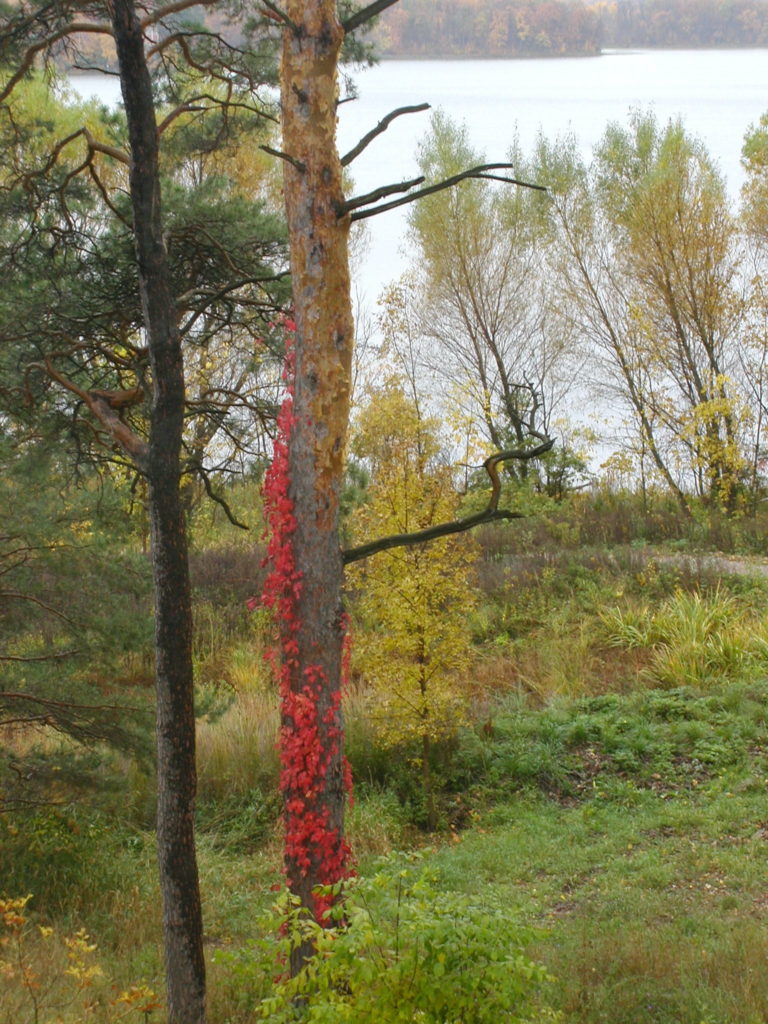
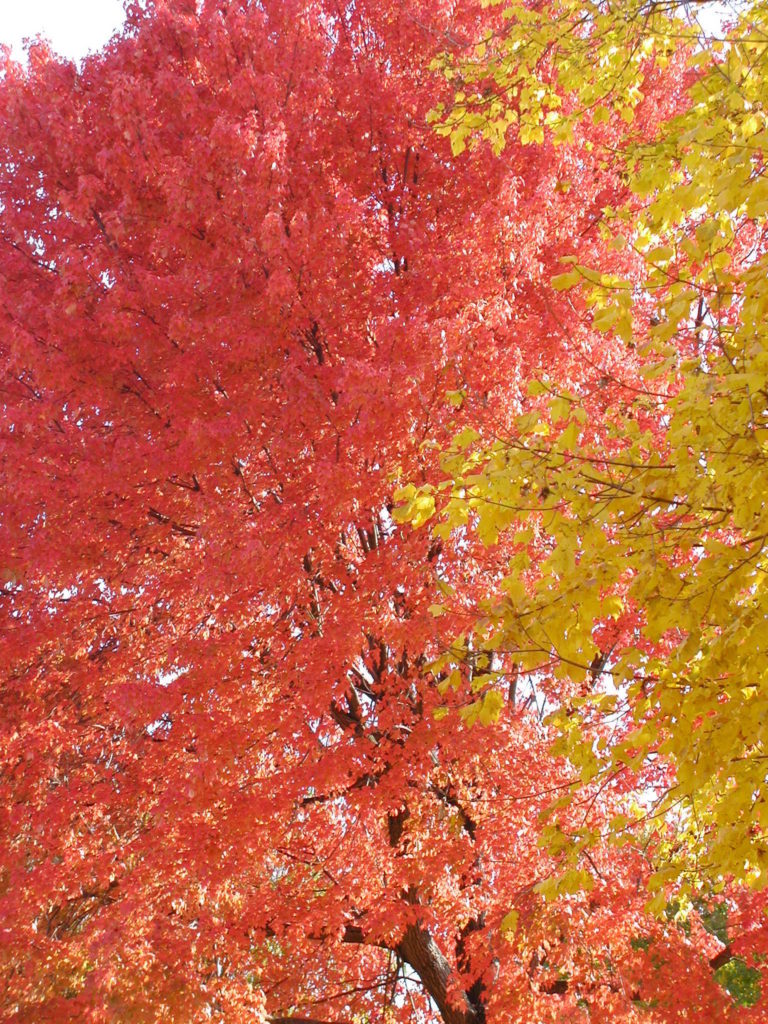
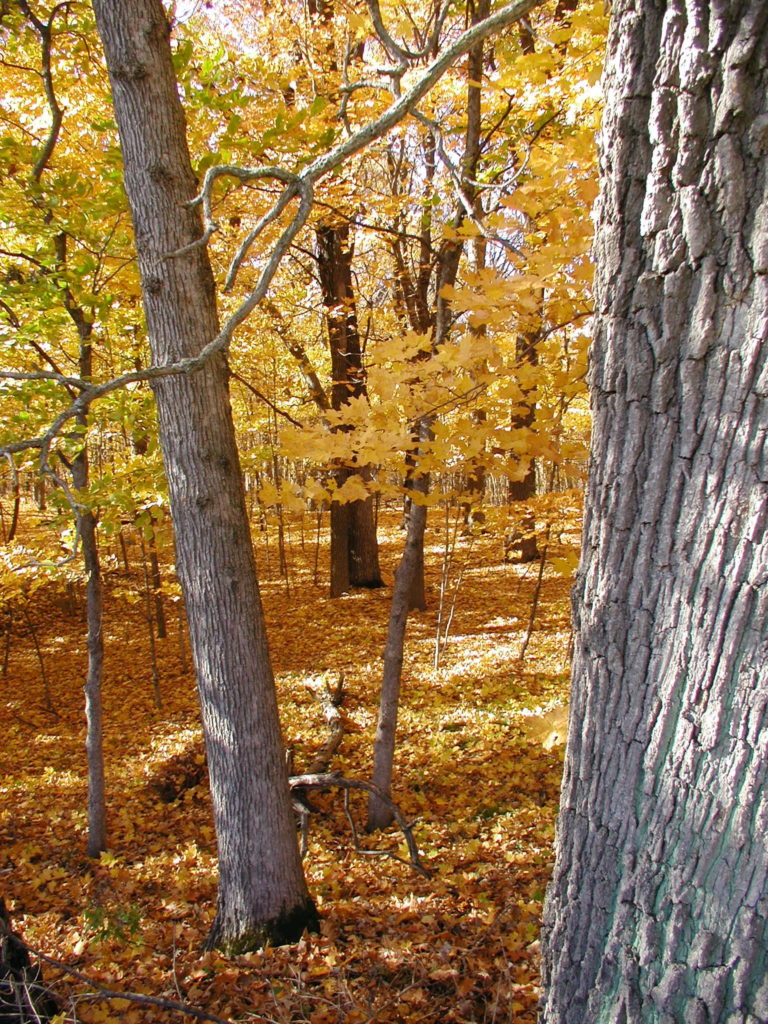
In New Seeds of Contemplation,3 the great monk, mystic, and author, Thomas Merton wrote:
A tree gives glory to God by being a tree. For in being what God means it to be it is obeying God. It “consents,” so to speak, to God’s creative love … Therefore each particular being, in its individuality … gives glory to God by being precisely what God wants it to be here and now … Their inscape is their sanctity. It is the imprint of God’s wisdom and God’s reality in them.
Human beings, on the other hand, complicate things, including simply being the self God created each one to be. It’s difficult when voices from all kinds of places – the past, the media, culture, significant people in our lives – have their say and cloud the perception of just what “being oneself” means.
I often confuse what I have (or, more often, have not) accomplished with who I am. For example, the books I haven’t written overshadow the self that is given through countless meals prepared, laundry done, letters written, and the simple ways of living and loving that, as Merton wrote, are the “imprint of God” in me.
Writing is part of who I am (thus years and years of columns, posts, articles, and books), but not the whole of it. The temptation in our culture is to focus on major things. On “doing” not “being.” One of these approaches cannot exist without the other. Life is a both/and endeavor. Br. Lawrence spent his monastic career doing his chores and in the simplicity of his tasks, he was being his true self. His prayer practice contributed to his sanctity, and sharing it provided inspiration for countless others across centuries.
Their inscape is their sanctity. It is the imprint of God’s wisdom and God’s reality in them.
Thomas Merton
Merton knew that being faithful to the God-spark within was all we need do. That looks different for each of person. For him, it included lots of writing: books, poetry, correspondence, articles. Also being a novice master. And, later, living alone in his hermitage.
Mary Oliver is a saint of attentiveness and gratitude. She noticed. She wandered and wondered through the natural world. She loved. And she wrote.
What imago Dei resides in your center? What bit of the Sacred do you bring to every task you do and to every moment you are at rest? What song of gratitude might you add to the universe as you stand at the kitchen sink or the washing machine? When you weep for the world or rejoice with a child or friend? When you work? When you play? When you have no idea where you are going or when you are filled with enthusiasm for the next step?
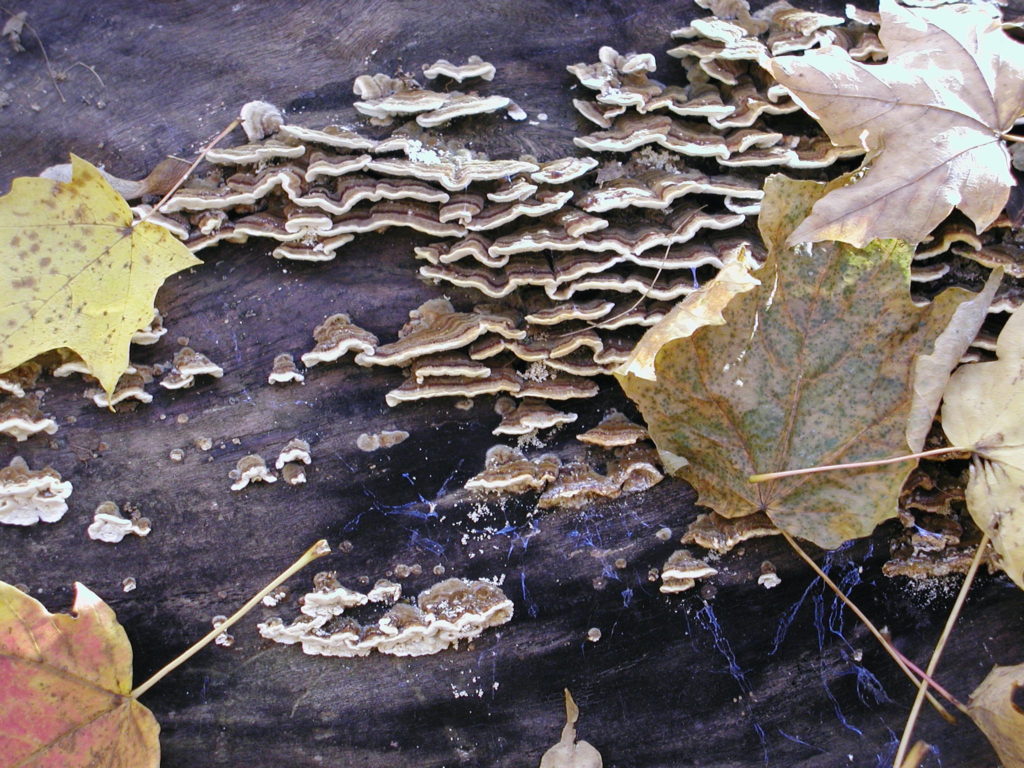
October is a beautiful month to notice and be inspired by the unconscious praise that rises from the natural world. Opening our eyes, ears, and hearts to the wordless chant of praise that arises every day from every created thing, we can join in their prayer. Recognizing their holiness may stir our hearts with the desire to grow in willingness to be, like them, exactly as God has made us to be. Then our “Amen” will rise with theirs, not from our lips, but like the meadowlark, from our being.
Sources:
- Mary Oliver, “While I Am Writing a Poem to Celebrate Summer, the Meadowlark Begins to Sing,” Devotions (2017):203.
- Brother Lawrence, The Practice of the Presence of God, (1985): 145.
- Thomas Merton, New Seeds of Contemplation, (1972): 29-30.
